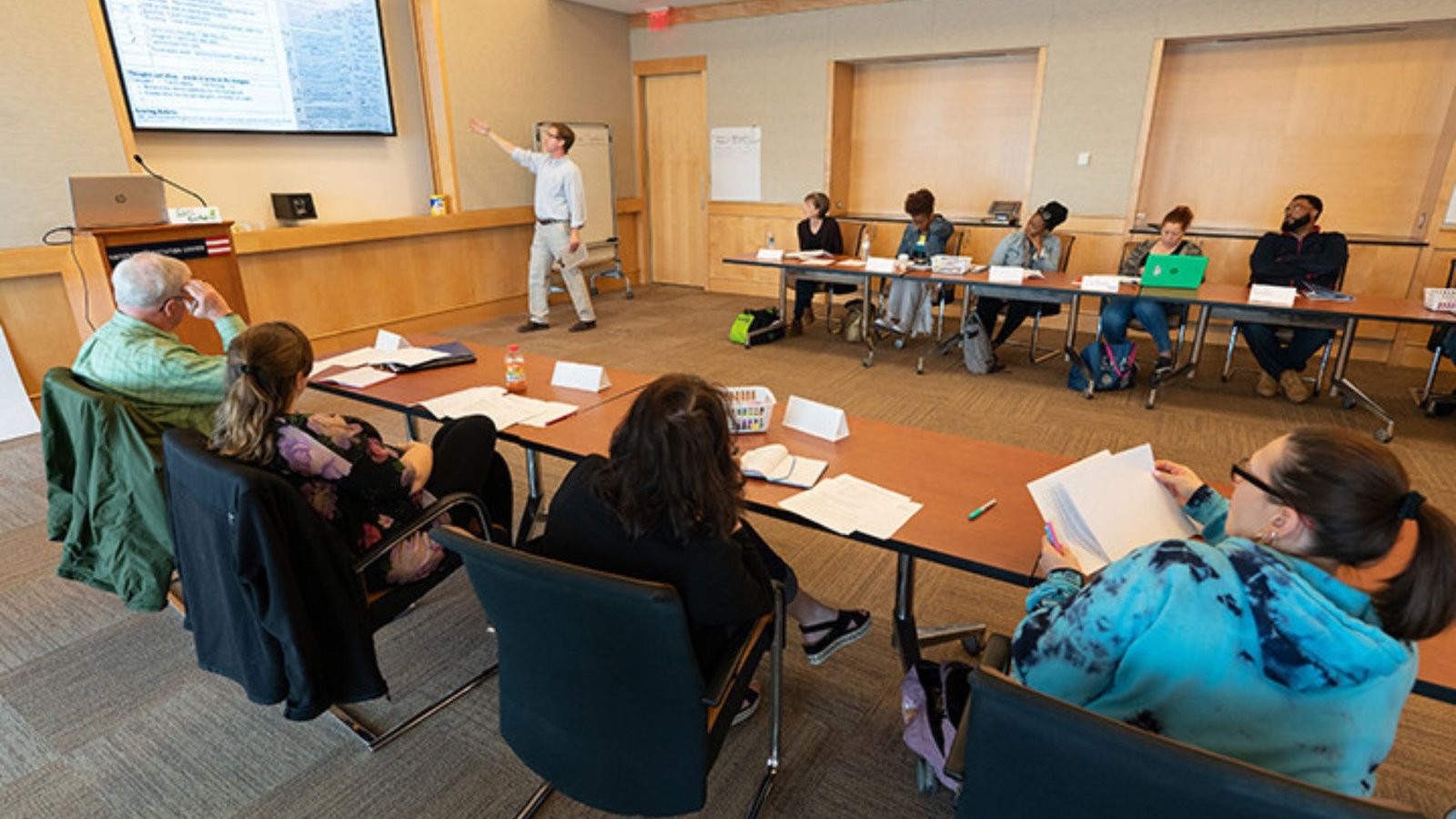When diving into the complexities of legal systems, understanding civil procedure is crucial. It lays the foundation for how cases are processed and resolved in court. Whether you’re a student, a legal professional, or just someone interested in the legal field, finding the right resources to understand civil procedure can make a significant difference. Here, we’ll share some of the best resources to help you grasp the essentials of civil procedure effectively.
Books on Understanding Civil Procedure
Books are a fundamental resource for understanding civil procedure. They provide in-depth explanations and detailed examples. Here are some top picks:
1. “Civil Procedure” by Joseph W. Glannon
This book is renowned for its clear and accessible explanations. Glannon’s approach simplifies complex concepts, making it easier to understand civil procedure. It’s especially useful for beginners and law students.

2. “Understanding Civil Procedure” by Gene R. Shreve and Peter Raven-Hansen
This comprehensive text offers a thorough exploration of civil procedure principles. It breaks down various procedural rules and concepts, making them more approachable.
3. “Federal Civil Procedure” by Michael J. Saks and Peter T. Wendel
For those focusing on federal procedures, this book is an excellent choice. It provides detailed insights into federal civil procedure, including case management and litigation strategies.
4. Harvard Law School’s Online Course
Harvard offers a free online course on civil procedure through various educational platforms. It provides a structured approach to learning, complete with video lectures and practical exercises.
5. Khan Academy Legal Studies
Khan Academy offers free educational videos that cover various aspects of law, including civil procedure. These resources are great for visual learners and those looking for a basic introduction.
6. Westlaw
Westlaw is a leading legal research database providing extensive resources on civil procedure. It includes case law, statutes, and procedural rules, helping users stay current with legal standards.
7. LexisNexis
Similar to Westlaw, LexisNexis offers a comprehensive database of legal information. Its resources include case law, legal textbooks, and journals focused on civil procedure.
8. Legal Journals
Reading legal journals such as the “Harvard Law Review” or the “Yale Law Journal” can provide in-depth analyses and discussions on civil procedure topics.
Study Guides and Practice Exams
Study guides and practice exams are invaluable for testing your knowledge and preparing for exams.
9. Bar Review Books
Bar review books often include sections dedicated to civil procedure. These guides help with understanding key concepts and preparing for bar exams.
10. Practice Questions
Websites offering practice questions and exams can be useful for reinforcing your understanding of civil procedure. They provide practical applications of procedural rules and concepts.
Legal Blogs and Forums
Legal blogs and forums can offer insights and updates on civil procedure from practising professionals and scholars.
11. Legal Blogs
Blogs like “Above the Law” and “SCOTUSblog” often discuss procedural issues and recent case developments. They provide practical perspectives and current trends in civil procedure.
12. Online Forums
Forums such as Reddit’s r/Law or Law Stack Exchange can help ask questions and discuss civil procedure with others in the field.
Professional Organizations and Associations
Professional organizations offer resources and networking opportunities for those interested in civil procedure.
13. American Bar Association (ABA)
The ABA provides various resources, including articles, guides, and seminars on civil procedure. Membership can offer access to valuable educational materials and events.
14. National Association of Legal Professionals (NALS)
NALS offers resources and certification programs for legal professionals, including topics related to civil procedure.
Workshops and Seminars
Attending workshops and seminars can provide hands-on learning and expert insights into civil procedure.
15. Local Law Schools and Bar Associations
Many local law schools and bar associations offer workshops and seminars on civil procedure. These events can be great for networking and gaining practical knowledge.
Conclusion
Understanding civil procedure is essential for anyone involved in the legal field. By utilizing these resources, you can build a solid foundation and stay informed about current practices. From books and online courses to legal databases and professional organizations, each resource plays a role in enhancing your knowledge and expertise.










